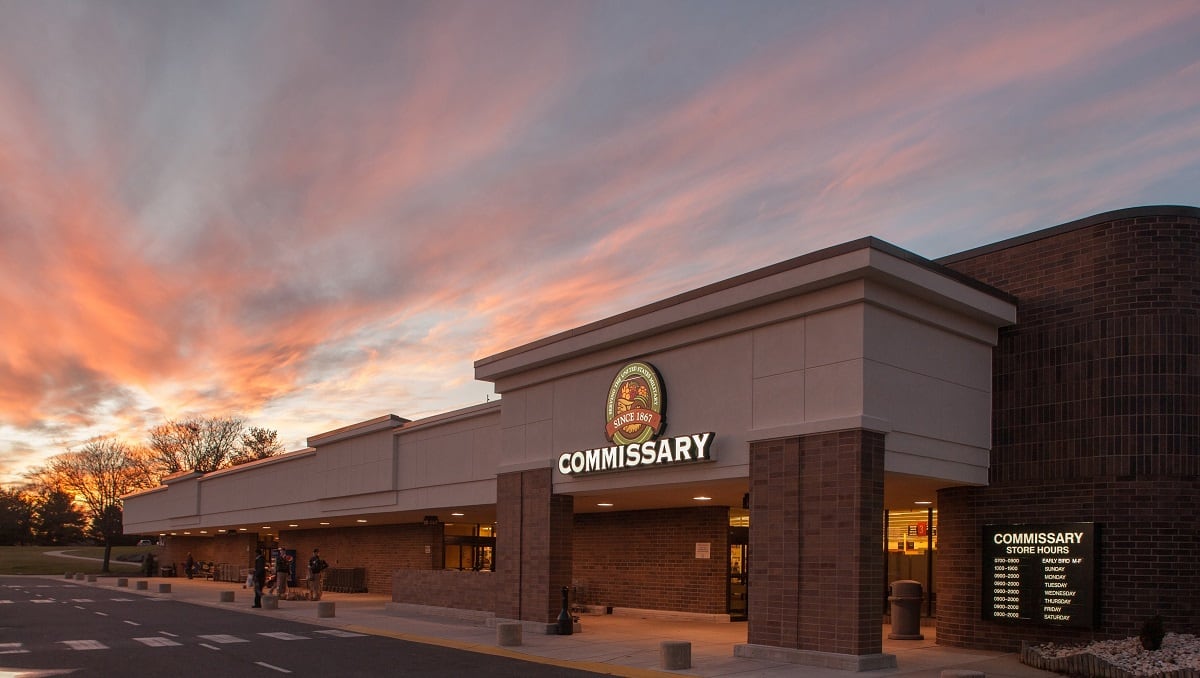The military-wide travel ban has been extended to June 30 in a continued effort to help stop the spread of the coronavirus, Defense Under Secretary for Personnel and Readiness Matthew Donovan told reporters Saturday morning.
The decision was made by Defense Secretary Mark Esper and Joint Chiefs Chairman Army Gen. Mark Milley “after careful consideration and assessment,” said Donovan, who would not rule out an extension beyond that date.
“Never say never,” he said when asked if the ban could extend beyond June 30.
He added that the decisions will be reviewed every 15 days and could even result in the travel ban being lifted earlier. And it is possible, he said, that those who do move could be placed in 14-day quarantines. Many decisions like that will be pushed down to installation commanders, said Donovan, because they best know the coronavirus situation in their localities. Also, host nation restrictions will come into play as well, he said.
The move comes as upwards of 100,000 troops, along with families, are gearing up for the annual permanent change of station (PCS) season.
Leaders “understand the travel restrictions impact service members, civilians and families,” said Donovan, and wanted to give “sufficient time to plan and make personal and work adjustments and plan for changes this will bring.”
Donovan, however, was short on details, saying guidance won’t be issued until after Esper signs the documents, which most likely won’t happen until Monday, when the new order goes into effect.
While the travel ban has halted deployments, permanent change-of-station moves, training and temporary duty for schooling, officials have stressed it has been necessary to stop the spread of coronavirus throughout the force and throughout the communities with which troops interact.
That has included canceled deployments, extended deployments and hundreds of families stuck in limbo as they prepared to move duty stations ― sometimes having sent their families and household goods ahead, then spending the last month on their own without their belongings.
There are exceptions written into the policy, including for hardships, such as a family member with special needs, at the discretion of local commanders.
While offering few specific details, Donovan told reporters Saturday that the exemptions will be “a little more liberal” in how they will be granted.
The exemptions “will be a little looser,” he said. “We know more about COVID-19 and we can get projections on hotspots and more information from nations on where troops are moving too.”
As for troops already in Afghanistan, Donovan deferred to U.S. Central Command.
When it comes to PCS moves, those decisions will be made on a case-by-case basis, said Donovan.
“In a normal year, U.S. Transportation Command moves around 400,000 people between locations,” he said. “Because we PCS individuals and families, it is on a case-by-case basis.”
Some PCS moves will take priority over others, said Donovan, without offering specifics. He added that the services are “queued up and ready” to make those decisions.
The initial ban came down March 12 and was initially to last until May 12, and the Pentagon has been reviewing the environment every 15 days.
The Defense Department has set a goal to be analyzing 60,000 coronavirus tests a day in June, senior leaders announced this week, in an effort to get a better grip on how many troops have been infected and to make informed decisions about bringing back travel, training and other key operations that have been throttled during the pandemic.
After weeks of sticking to testing only symptomatic service members, DoD is working toward a more thorough, but targeted, approach, Air Force Gen. John Hyten, vice chairman of the Joint Chiefs of Staff, told reporters Friday.
“From a military perspective, we have to figure out how to use testing in ways to validate the readiness of our force to deploy, the readiness of a ship to go out, and so testing is going to become a critical part of that,” he said, as the department reevaluates its March travel ban and considers, alongside state and local governments, rolling back any shelter-in-place policies.
As of Friday, nearly 3,000 service members have contracted coronavirus, as well as about 2,000 more dependents, civilians and contractors. A total of 19 have died, including New Jersey Army National Guard Capt. Douglas Linn Hickok, 57, and Chief Aviation Ordnancemanr Charles Robert Thacker, Jr., 41,
Howard Altman is an award-winning editor and reporter who was previously the military reporter for the Tampa Bay Times and before that the Tampa Tribune, where he covered USCENTCOM, USSOCOM and SOF writ large among many other topics.
Meghann Myers is the Pentagon bureau chief at Military Times. She covers operations, policy, personnel, leadership and other issues affecting service members.





